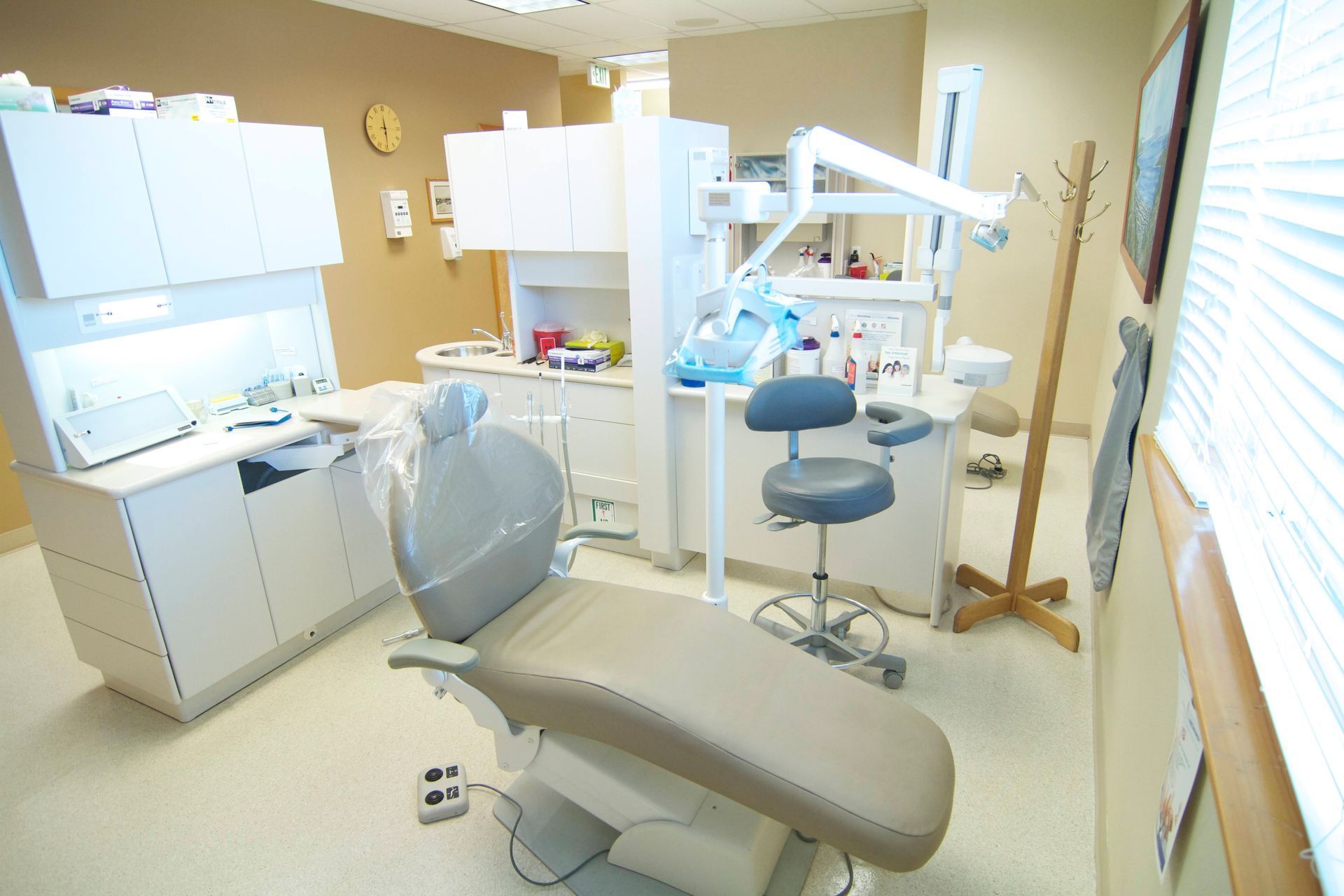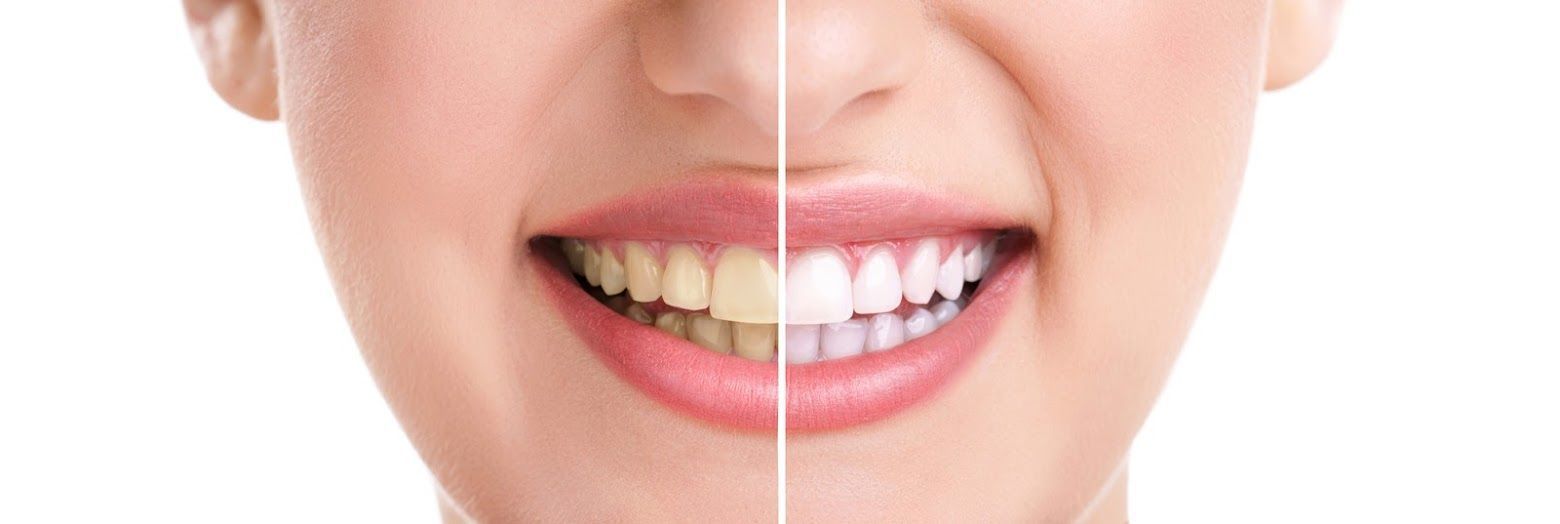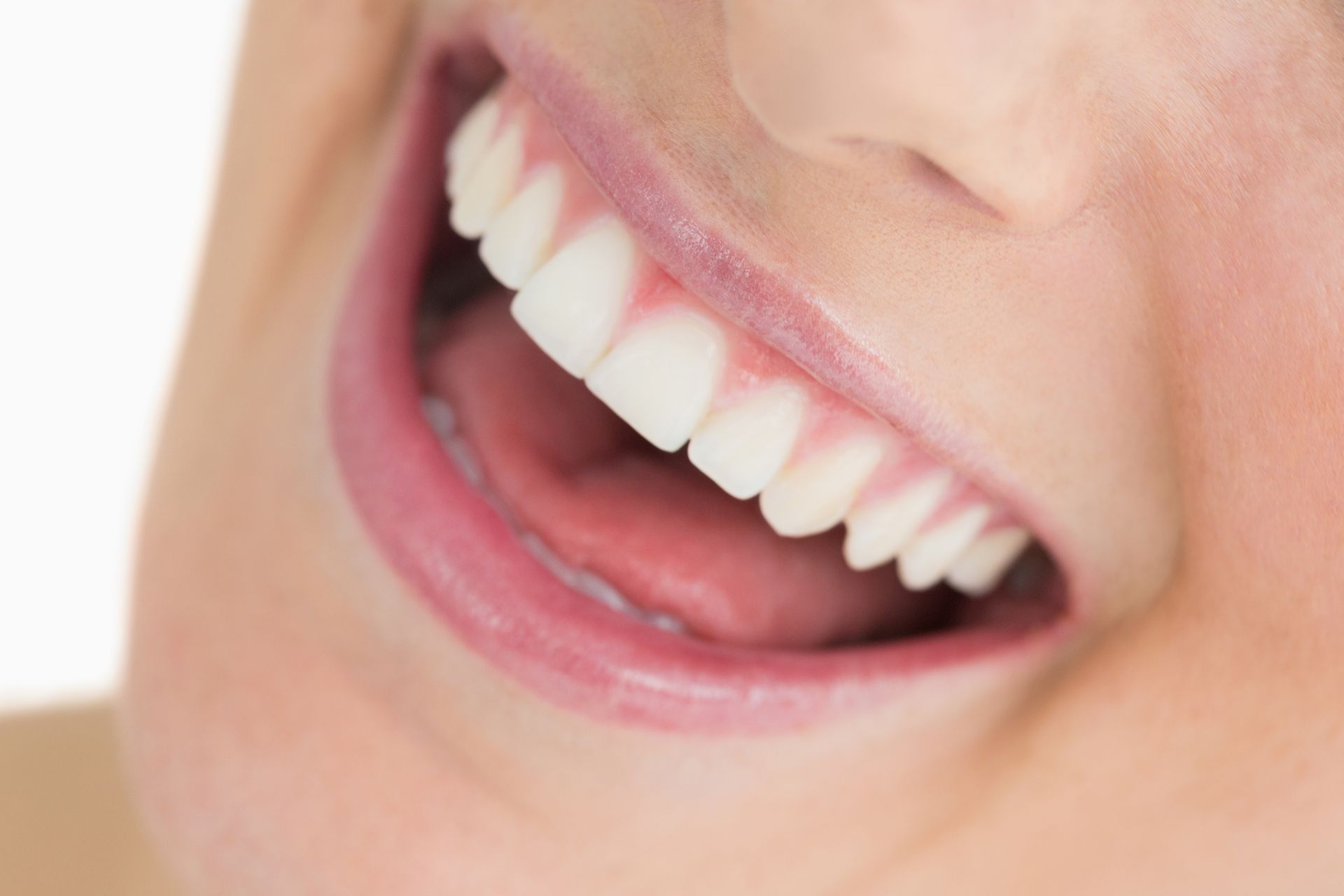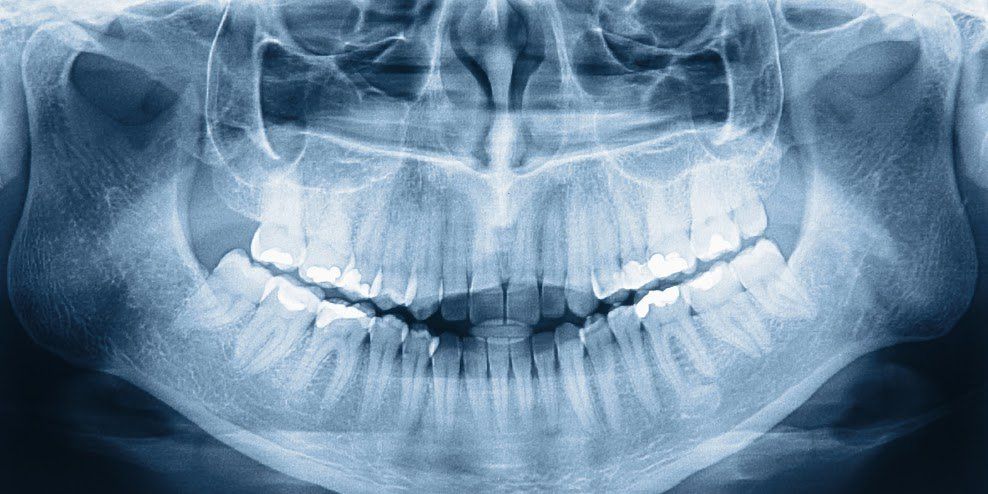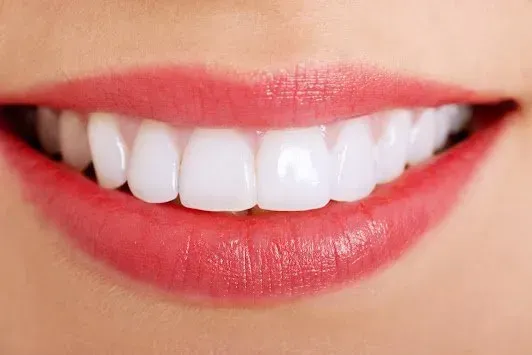HOW A DENTIST CAN HELP WITH TMJ DISORDER
October 25, 2021
Temporomandibular joint disorder, otherwise known as TMJ or TMD, causes significant pain and discomfort. Many people have this condition and don't know they can get relief. This condition has many potential causes, but a dentist can help narrow them down to help you get relief. Here is more information about TMJ disorder, who gets it, what causes it, and how your dentist can help.
What Is TMJ Disorder?
TMJ disorder involves a problem with the temporomandibular joint that hinders its proper movement. This joint is where your jaw meets your skull's temporal bone. A slim cartilage disk cushions the joint and allows the jaw to move smoothly. However, when the bones, cartilage, and muscles have problems, you may have pain and difficulty with jaw function.
What Causes TMJ Disorder?
TMJ disorder causes are mostly unknown. The disorder tends to affect women more than men. Though doctors don't know why women get it more, hormones and nutrition may be a factor. Some doctors and dentists think the chances of having this disorder are higher if you clench or grind your teeth. Trauma and arthritis may cause joint problems and misalignment.
What Are TMJ Disorder's Symptoms?
For most people, symptoms occur around the joint or ear. With some people, the pain radiates to other areas. Below is a list of symptom descriptions common with TMJ disorder.
You Have Swelling and Pain at the Joint
You may feel pain either directly at the joint or that radiates from the side of your head. The area may feel tender and swollen. You may also experience pain in your neck and shoulders, which can include headaches.
You Cannot Open Your Jaw Wide
Your jaw muscles may feel stiff, and you can't open the jaw as wide as before. Some people may also experience tiredness in their jaw and face.
Your Jaw Sticks or Locks in One Position
You may have trouble opening or closing your mouth, and your jaw may seem to lock in place.
You Feel a Click or Pop When You Move Your Jaw
Clicks and pops indicate that your joint is not aligned properly or that you have damaged cartilage.
You Feel Like You Have a Toothache
Sometimes, TMJ pain may make you feel that you have molar pain.
How Does the Dentist Diagnose TMJ Disorder?
A dentist's office is a good place to rule out other tooth and jaw issues. TMJ disorder has no specific standardized tests. The dentist will take a health history and check your jaw for unusual movements and sounds. He or she may take X-rays to look for hidden trauma or tooth issues. The dentist may also refer you to a specialist for further diagnosis and imaging with CT scans and MRIs.
What Are Common TMJ Disorder Treatments?
TMJ disorder has no known cure, but you can relieve the pain in several ways. You may need to take painkillers and eat soft foods until your condition improves. Hot and cold packs may reduce swelling and pain as well. Dentists often advise people with this condition to refrain from gum chewing, since it can tire out the muscles. For some people, the condition may resolve itself over time with rest and precautions.
If the potential cause is tooth clenching or grinding, the dentist may prescribe an appliance to prevent those issues. You may also need physical therapy to exercise and strengthen the jaw muscles so they keep the jaw aligned better. Very rarely does this condition require surgery or injections.
TMJ disorder can cause problems with your jaw movement and affect your quality of life. This condition may make chewing and talking difficult. For some people, the cause is related to dental issues.
Desert Dental
can help you with jaw alignment problems. Our office handles many dental issues, including TMJ disorder issues. If you have pain around your teeth and jaw, give us a call for an examination.

